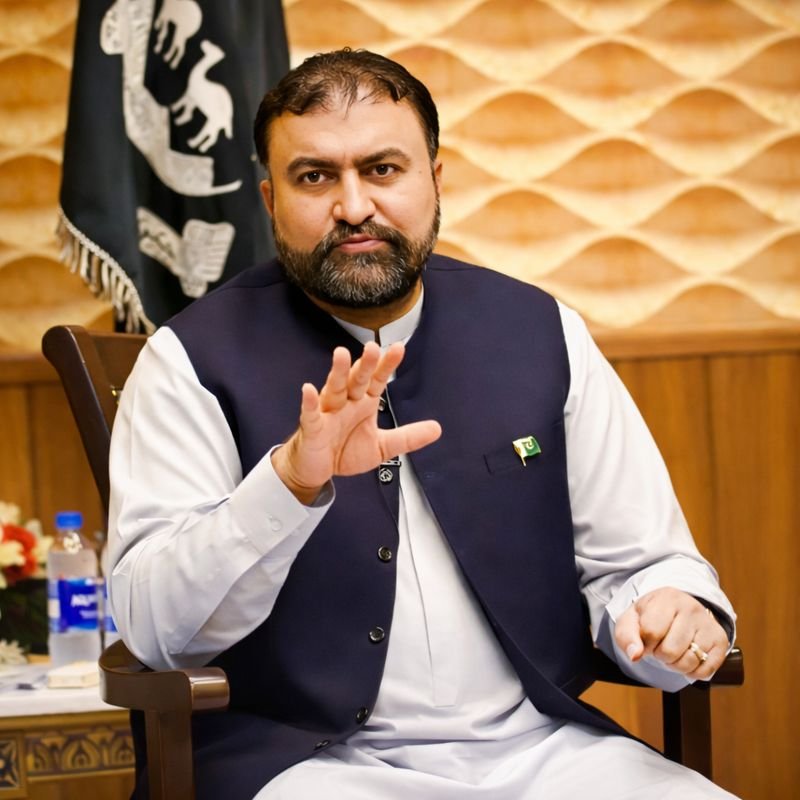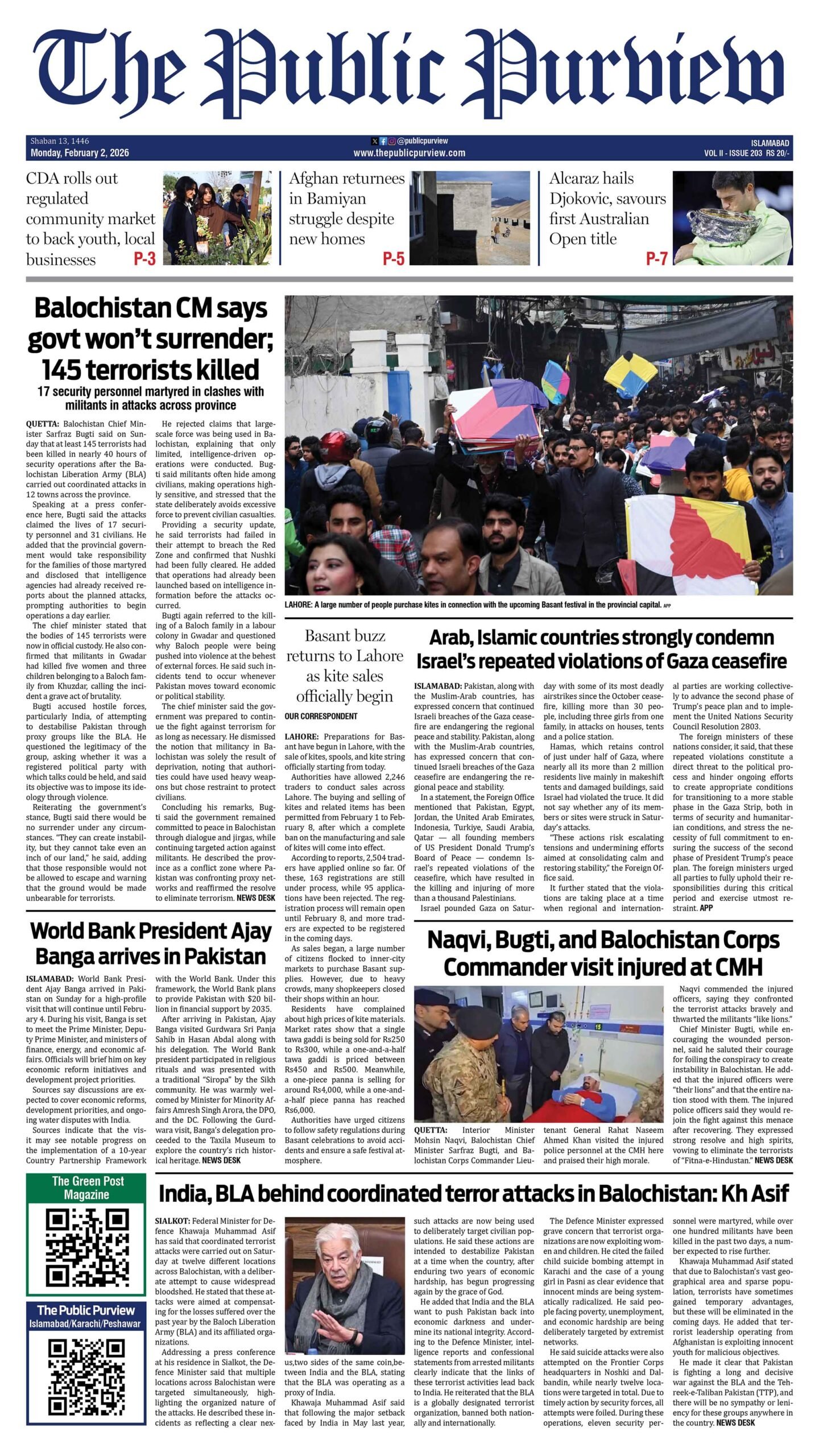Iftikhar Khattak
“In the arena of human life, the honours and rewards fall to those who show their good qualities.” This insightful remark from Aristotle highlights the philosophy’s enduring relevance, especially in light of the divide and turbulent conditions that characterize our modern world. In light of today’s unparalleled global issues—social strife, inequality, and extremism—Aristotle’s idea of the Golden Mean provides a convincing framework for negotiating these choppy seas. According to him, all virtues fall between two extremes—excess and deficiency. The balanced way is generosity, such as allocating wealth fairly. For example, excessive generosity is wastefulness, such as wasting all of one’s fortune, while deficiency is stinginess, such as giving nothing. In the same vein, courage may turn into cowardice when it is insufficient or into recklessness when it is overextended. According to Aristotle, the balancing act of facing obstacles courageously without giving in to foolishness is the actual core of bravery. In the turbulent world of today, this moderation, mindset is not only a holdover from the past.
Aristotle’s ideas are more relevant now than ever at a time of social turmoil, political division, and economic inequality. Radical ideas and extremism pose a threat to society all around the world. An atmosphere of animosity and division has resulted from the rise of populism in both the US and Europe. Aristotle cautioned that denying people their rights incites rage; his claim that “men cause revolutions when they are not allowed to share honours” is echoed in contemporary studies that relate stability and inclusive government.
Economically, the chasm between the rich and the poor continues to widen. The Pakistan Economic Survey reports that in 2020–21, an astounding Rs682 billion (USD 4.3 billion) was allotted for agriculture subsidies alone, while just Rs70 billion (USD 440 million) was given to other vital sectors. This uneven distribution enriches small elite—large landowners—while leaving small farmers scrambling for survival. The wealthiest 10% of Pakistanis own 64% of the country’s wealth, while the poorest 50% have access to just 4%, according to the World Inequality Database. Social instability and dissatisfaction are fostered by such glaring inequalities.
Prejudices and radical ideologies pose a threat to social harmony. Growing religious fanaticism in India has exacerbated intercommunal conflicts and threatened democracy itself. Recent events demonstrate how discrimination towards minorities undermines social cohesiveness and jeopardizes peace in the country and the region as a whole.
In the past, extremism and instability have plagued Pakistan’s political landscape. Power disputes between bureaucracy and political leaders caused upheaval right after independence. Pakistan may have started on a steadier path if these leaders had adopted moderation and understanding between themselves. East Pakistan’s sad separation in 1971 is a sobering reminder of the disastrous consequences that might result from ignoring the middle path.
Although the 1960s are frequently praised as Pakistan’s “golden era” of economic growth, the unequal distribution of income at this time also contributed to severe social inequality. Pakistan may have established a stronger economic base if fair growth across regions had been given priority in developmental programs. Rather, corruption and political unrest in the decades that followed further hampered advancement.
Further lessons on the value of moderation may be gained from the global environment. China’s rise as an economic powerhouse exemplifies how balanced governance can yield impressive results. China has stabilised its economy and become a worldwide leader by enacting stringent economic reforms and placing a high priority on the well-being of its citizens. In sharp contrast, Venezuela’s fall into chaos underscores the dangers of aggressive policies that disregard balance, as the country was formerly stable due to its oil fortune. Sri Lanka also highlights the implications of disregarding balance in government. Extreme policy decisions that ignored the wider societal consequences caused the nation to experience significant economic turbulence. These examples show how disregarding Aristotle’s ideas may put countries in danger.
For countries like Pakistan, where moderation is crucial for advancement, Aristotle’s philosophy provides priceless counsel as we traverse these difficult issues. If the administration and opposition both give up their radical inclinations and put the interests of the country above their own, political stability may be attained. Development initiatives must provide fair representation across provinces in the economic sphere, with long-term effects directing economic choices to promote justice. While equitable economic distribution can contribute to the creation of a more balanced society, social peace necessitates the eradication of sectarianism via the encouragement of tolerance and communication.
By embracing Aristotle’s ideas of moderation in social relations, politics, and economics, we may create a peaceful society that takes into account the needs of all of its members and, in the end, creates a future where equality and understanding triumph over division and conflict.






 Today's E-Paper
Today's E-Paper